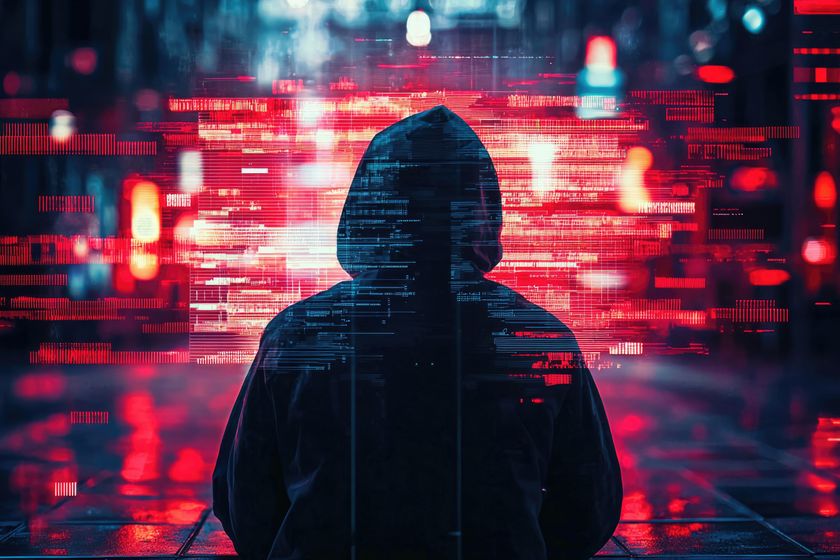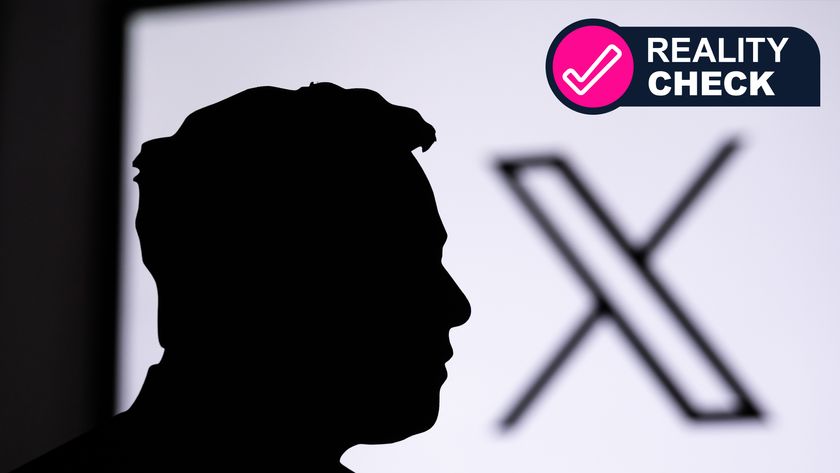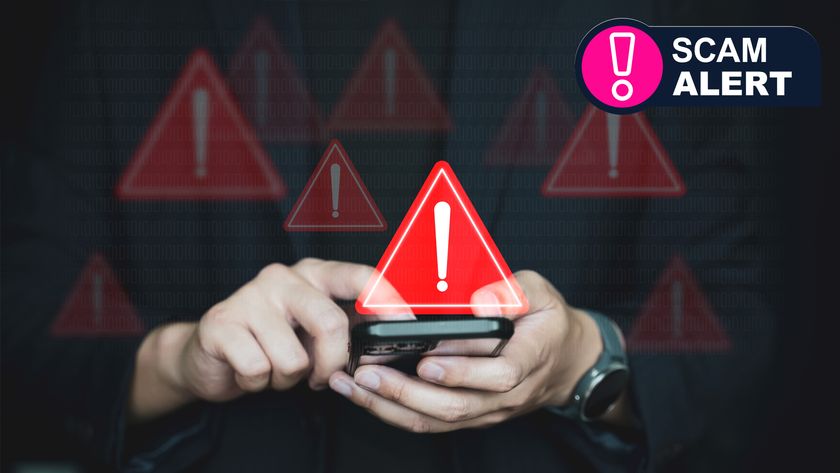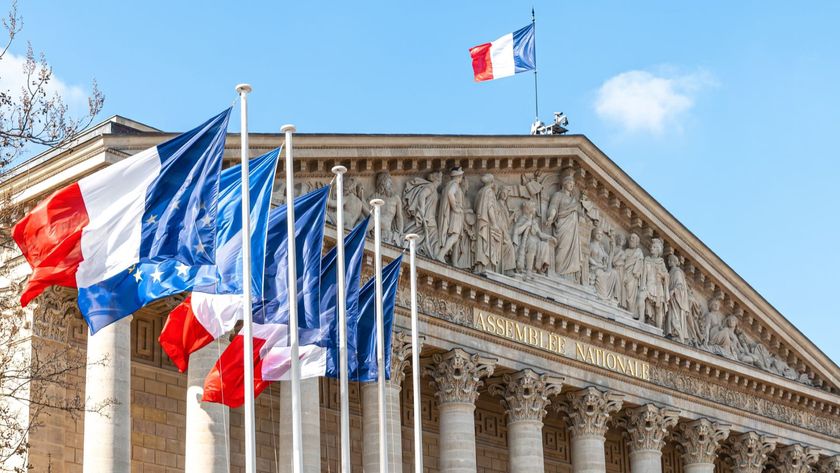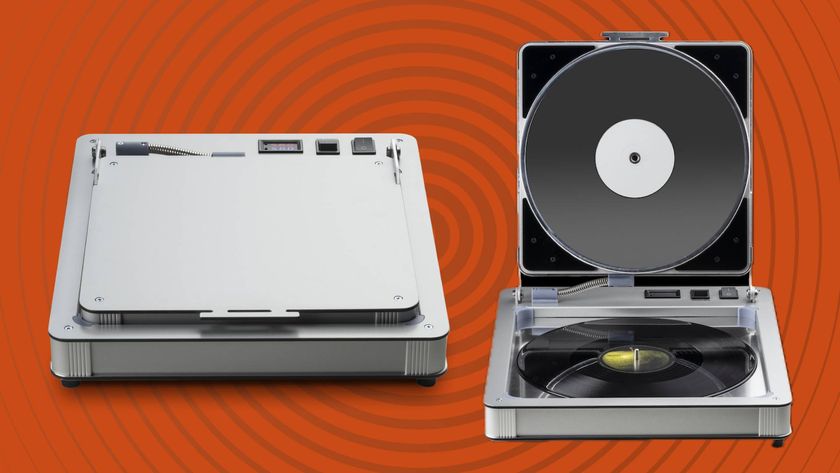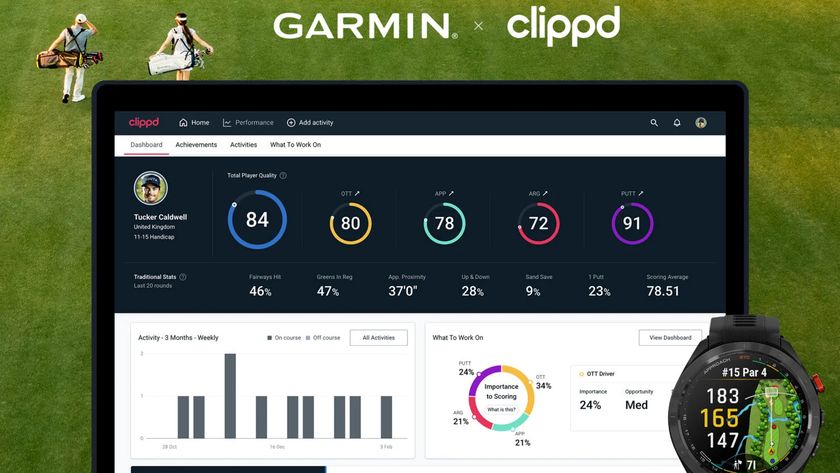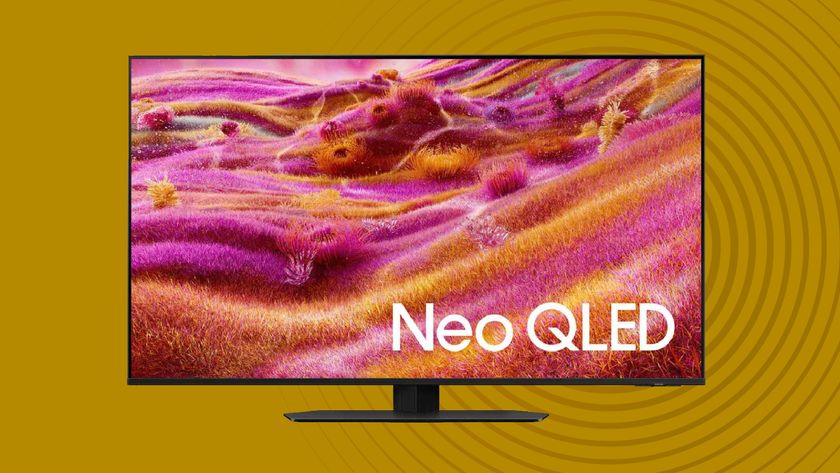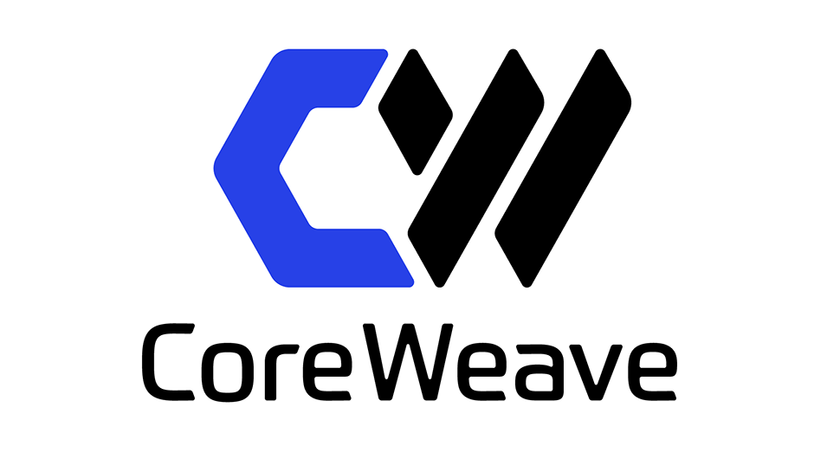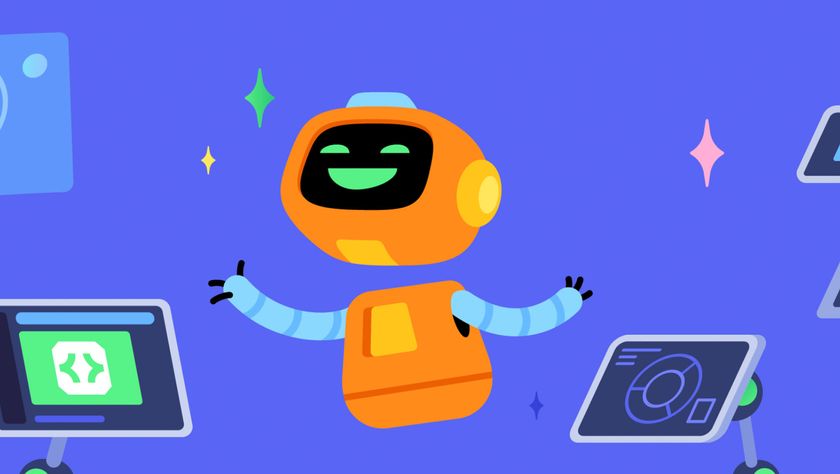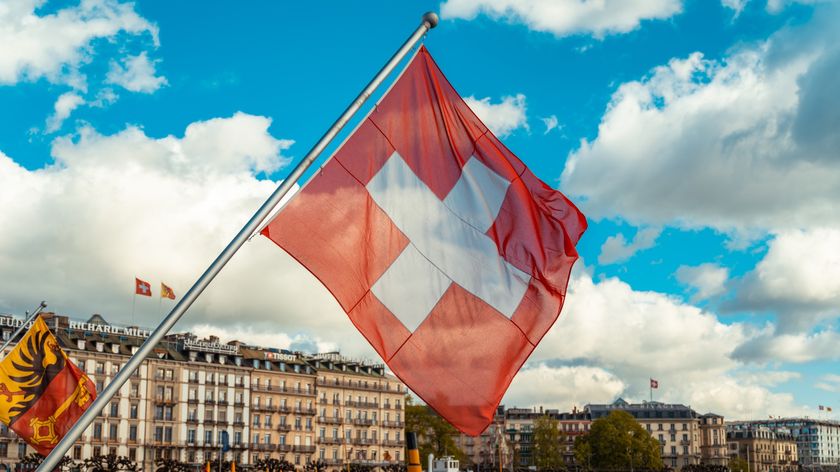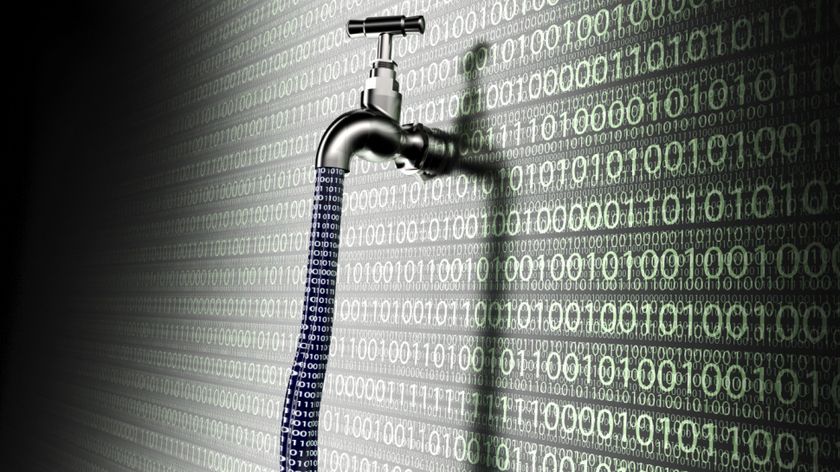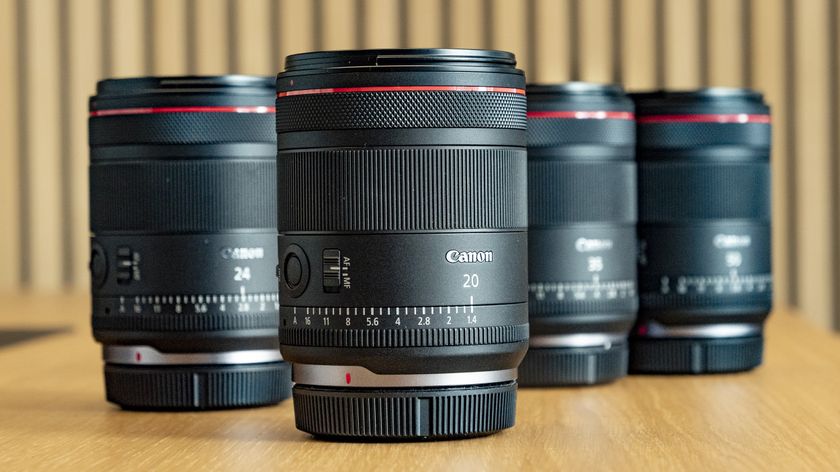10 things the GCHQ-NSA privacy ruling means for you
We should be concerned about what we don't know
6. Privacy has become headline news
A few years ago things like surveillance were primarily of interest to geeks and nerds: now they are headline news. The IPT ruling made headlines all over the world, on TV and in newspapers, and that matters.
If the media is interested, that means first of all that people are interested and secondly that people become more informed, and ask more questions. The debate grows, political significance grows, and it's harder to just keep things hidden, which is what recent history makes very clear is what the authorities really want.
7. Shining a light on surveillance matters
That, indeed, may be the most important thing of all – when we shine a light on surveillance, changes start to happen, and sometimes the whole basis of the surveillance shrivels away into nothing.
When we become aware of surveillance systems we can start to challenge them, and ask for evidence that they function. That evidence, to date, has been conspicuous by its absence.
It might be naïve to hope that politicians and civil servants are starting to ask whether they themselves have been hoodwinked into accepting surveillance systems and programmes that do very little to address the real issues. However, they might have noticed that the perpetrators of none of the recent terrorist events, from Paris to Boston, Woolwich to Sydney, seem to have been identified, not by mass surveillance, but by conventional intelligence should be an indication. They might start to ask for proof.
8. The IPT won't always rule in favour of the intelligence services
This is the first ruling against the intelligence services in favour of our rights (and not just our privacy rights) and that in itself matters. The IPT can no longer be regarded as a 'rubber stamp' tribunal that does whatever it is told.
The NGOs that brought the case to the IPT cannot have expected much from the IPT, given its past record, but they have been proven right to bring the case, and to put the IPT under pressure. More cases will almost certainly follow and the authorities should be worried.
Get daily insight, inspiration and deals in your inbox
Sign up for breaking news, reviews, opinion, top tech deals, and more.
9. We should be concerned about what we don't know
Donald Rumsfeld famously said that there are known knowns, known unknowns, and unknown unknowns. Nowhere is that more true that in the field of surveillance. That should always be kept in mind.
The case at the IPT was about two of the programmes that we now know about, PRISM and UPSTREAM – how many more programmes are there that we don't even know about? We need to be aware that what we know about may well be a mere fraction of what is out there – so we should keep looking, and keep challenging.
10. Surveillance isn't just about privacy
Though advocates have said so for a while, the IPT ruling is one of the first official acknowledgments that surveillance impacts upon more than privacy. The ruling specifically talks of infringement of both Article 8 (the right to a private life) and Article 10 (freedom of expression) of the European Convention of Human Rights.
The chilling effect of surveillance has been noted by activists for some time – American PEN's recent report is just one example – but to get recognition of this by a court is significant. If surveillance impacts on more rights (and it has a huge effect on our rights to freedom of assembly and association too) then the evidence needed to support it must be stronger. The bar must be higher.
The bad with the good
To end on a more negative note, perhaps the biggest takeaway from the IPT ruling is that for those seven years, it clearly did not concern the authorities that their surveillance programmes were unlawful.
Indeed, their main reaction to the ruling was to essentially dismiss it, and to focus on the part of the ruling that said that their current actions are now lawful. Authorities can and do always give themselves the benefit of the doubt, and interpret laws in the light most favourable to themselves.
What that should mean for us is that when drafting new laws – and the continual attempts to reintroduce the Communications Data Bill (the 'Snoopers' Charter) are the most important here – we should be careful to reduce the scope for such doubt as much as we can.
Open-ended, broadly-couched laws should be avoided because that can and will be interpreted in ways that allow for more and more intrusive surveillance.
We must do whatever we can to stop this and we should continue to investigate, to challenge, and to keep all the issues raised by surveillance in the public eye.
There is a great deal at stake and the IPT ruling, though its immediate impact may not be as great as it appears, is a step in a positive direction. It should give those campaigning for a free, more privacy-friendly internet some reassurance that their work is not in vain.
- 1
- 2
Current page: 5 more things you need to know
Prev Page 5 things you need to know about the GCHQ ruling